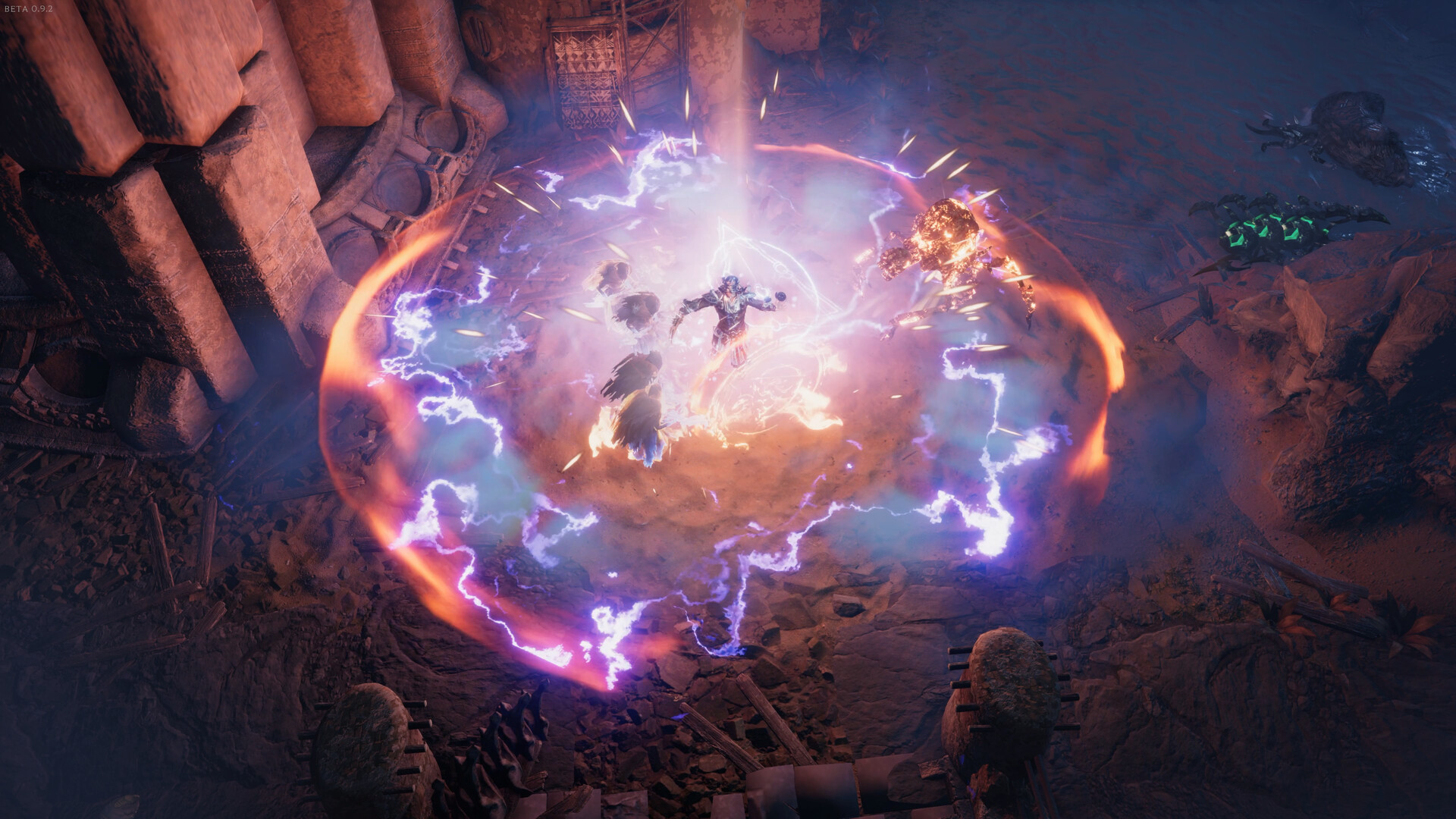Why Sony could live to regret getting the Xbox Activision Blizzard deal blocked
Some regulators seem convinced Sony is in peril.
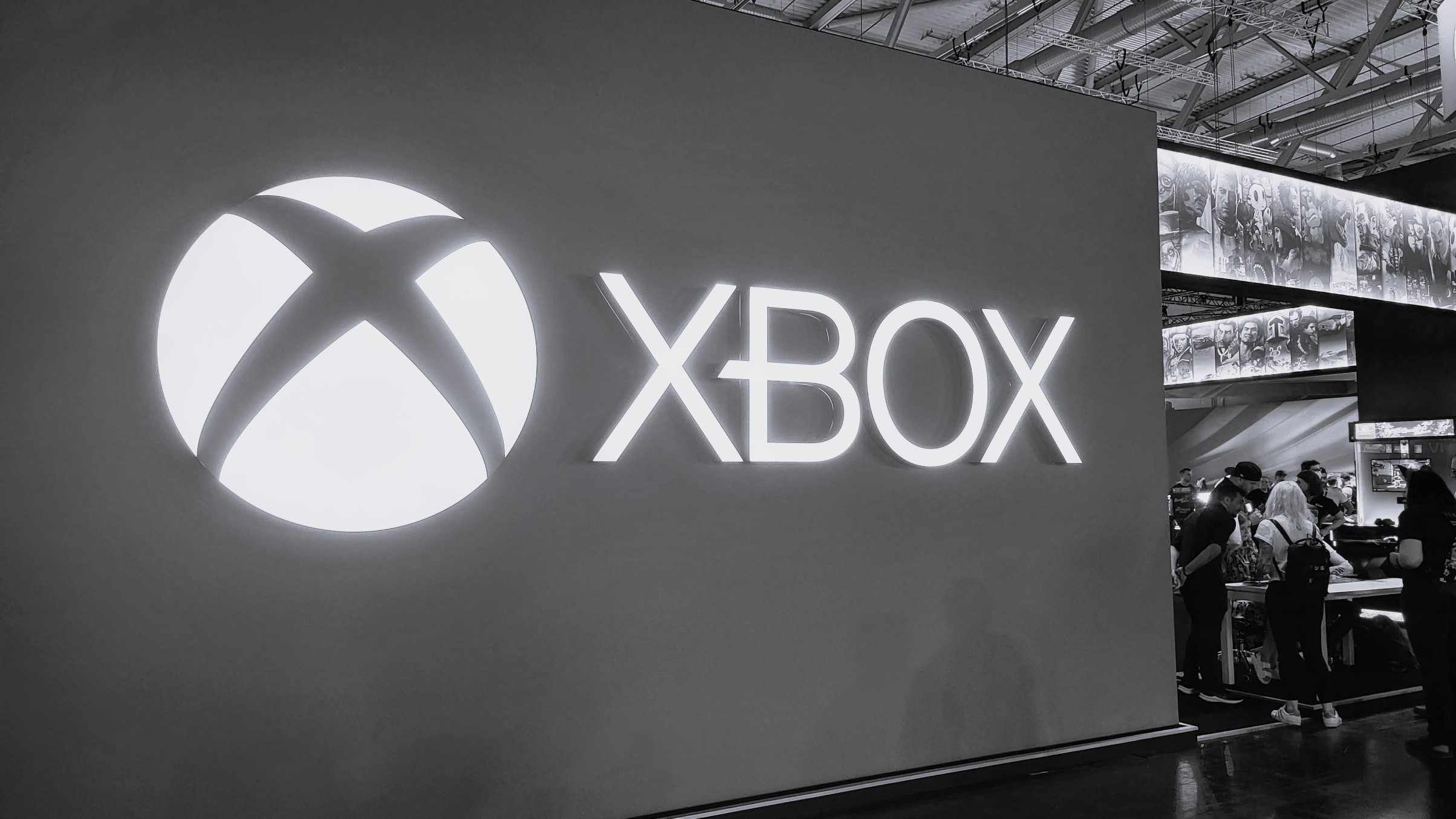
Microsoft's massive acquisition of gaming behemoth Activision Blizzard seems increasingly in doubt, which begs the question: what would be next if it fails?
Earlier in the year, Microsoft outlined plans to acquire Activision Blizzard Inc. for $68.7 billion dollars. The deal is the biggest in video game history and the largest the tech giant has attempted to date. It comes against a backdrop of massive economic uncertainty, rife with inflation and general global political instability.
We live in unusual times. Arguably, regulators have been almost asleep at the wheel for the past decade. Tech companies have bought up massive swaths of their competition to become utterly dominant in their respective spaces. Facebook, now known as Meta, has bought up Instagram and WhatsApp, essentially controlling the bulk of western social media. Google has dominated internet search, with the power to sink millions of businesses at a mere whim every time it "tweaks" its algorithms. Disney, despite its prominence in entertainment, has snapped up Marvel, Star Wars, Fox, and various other brands with minimal concessions. But perhaps playtime is over.
The era of consolidation could be coming to an end, with "big tech" falling under a microscope among regulators. On Tuesday, the UK's Competition and Markets Authority (CMA) blocked Meta from acquiring the GIF platform Giphy, despite previously buying a series of rising social media platforms. Goldman Sachs also helped a client offload a mountain of Activision Blizzard shares this week, sending a pretty clear signal that there's still a lot of doubt.
Whatever the reason, it seems increasingly likely that Xbox's big Activision Blizzard deal could be in peril. It begs the question: What would be Microsoft's next move should the deal fall through?
Could the Xbox Activision deal really fail?
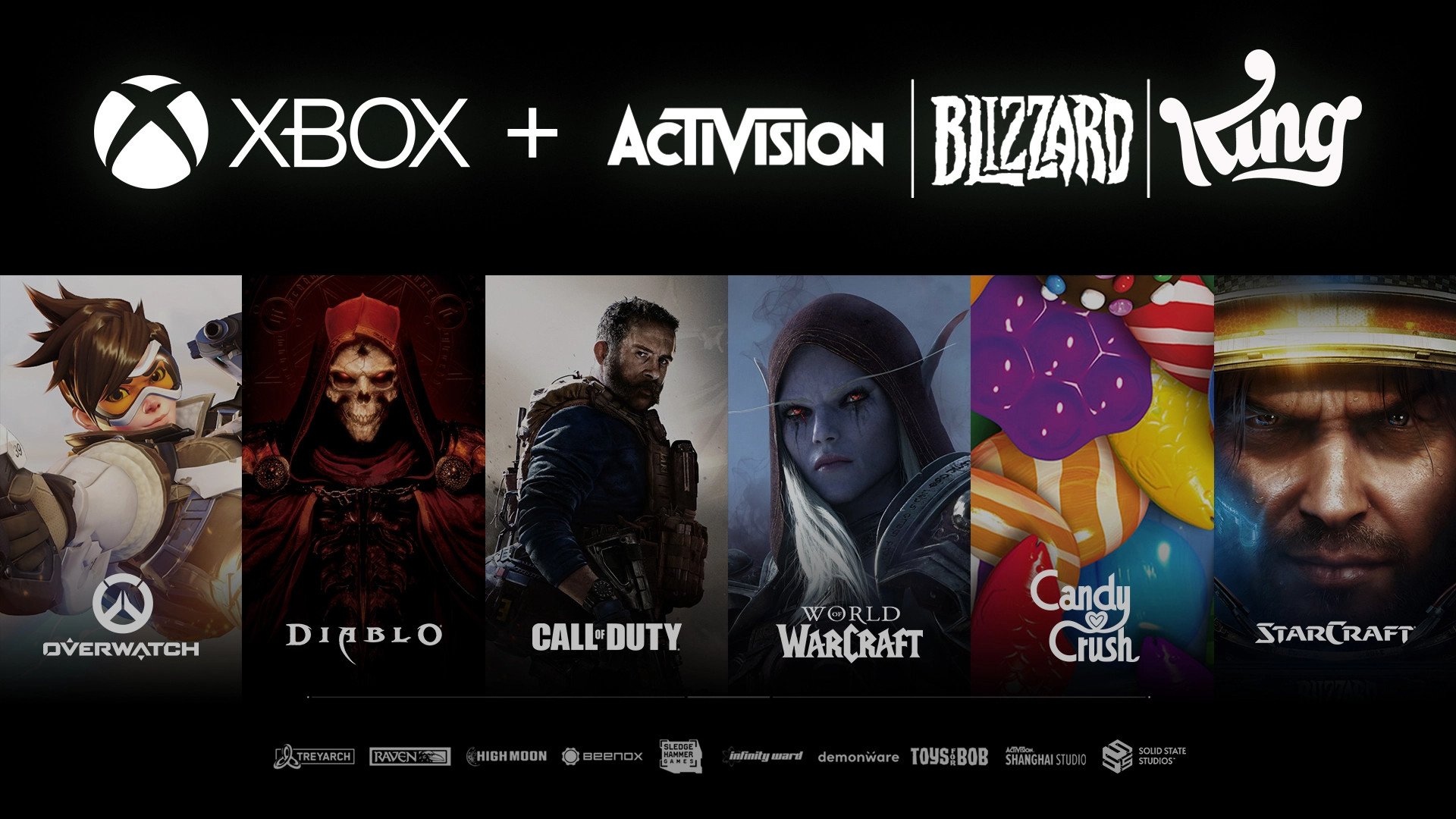
It's starting to seem like there's a real possibility of Microsoft's big Activision Blizzard deal not going through. It comes amid increased pressure from the UK's CMA and general skepticism that tech giants like Microsoft will do the right thing with its acquisitions.
The UK regulator released a somewhat laughable document outlining its position this month, essentially echoing Sony's talking points while denigrating Microsoft's own. It's a puzzling, one-sided take on the whole affair, where the CMA selectively ignores certain realities throughout its decision. The CMA states that Microsoft had "displayed a pattern" of making exclusive content from studios it had acquired for Xbox (shock, horror) — while egregiously omitting multi-platform titles like Minecraft Dungeons and Minecraft Legends, alongside existing service games like Fallout 76 and The Elder Scrolls Online. The CMA's quest for straws to grasp led them to Project Midnight from one of our own tentative reports — this is a game that officially doesn't even exist.
Get the Windows Central Newsletter
All the latest news, reviews, and guides for Windows and Xbox diehards.
The CMA also failed to acknowledge that some of Microsoft's content from Bethesda still exists on Sony's subscription services today, while claiming Microsoft would wield Call of Duty to "harm" Sony's position — curiously omitting that Sony is the market leader and will remain so post-acquisition.
The document handwaves Microsoft's assertion that Nintendo is successful without Call of Duty by claiming Nintendo isn't even in competition with Xbox and PlayStation. Nintendo supposedly isn't a competitor in the space owing to its "family" focus, ignoring the fact the Nintendo Switch has mountains of violent games and some literally banned on Xbox for being too ecchi (don't look up that word at work).
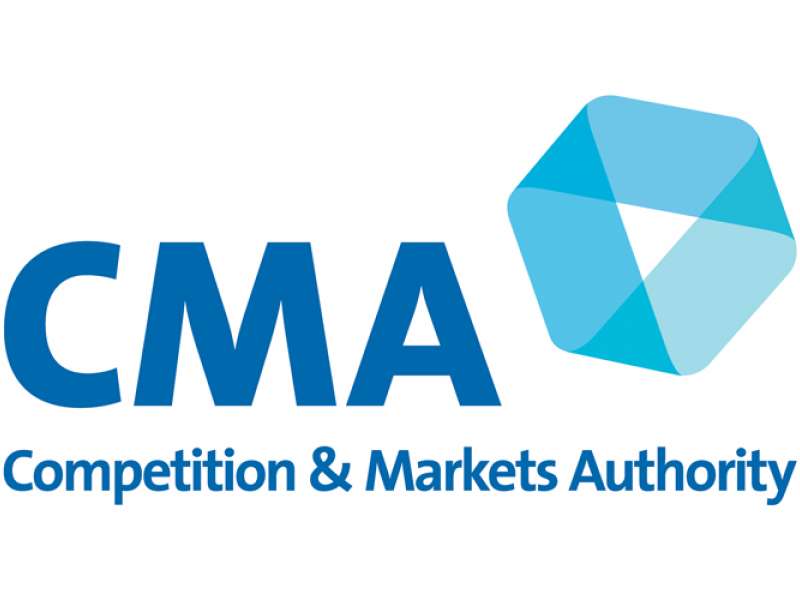
Why am I railing on the CMA? Primarily to illustrate the establishment's continued and ongoing ignorance about all things tech and, moreover, all things gaming. The first phase of the CMA examination seems to revolve around scraping Twitter hot takes rather than actual market data. At least theoretically, the second phase should lead to a more in-depth examination of how the deal could impact the UK market.
If anything scuppers the deal, it will most likely be a combination of incompetence and projection. Having allowed tech corps run wild with acquisitions for decades, regulators might be re-examining their purpose in a world where Meta has destroyed Instagram and eroded privacy protections on WhatsApp, while Google has become the global arbiter of what you can see on the internet.
Microsoft described the CMA's opposition as "misplaced," and frankly, there isn't a better word to describe it. Unlike search engines and social media, the gaming industry is vibrant and competitive, with a large amount of room for small up-and-comers to disrupt the industry. The same cannot be said for various other emergent internet industries regulators have failed to, you know, regulate — but I digress.
There's no guarantee the deal will fail, of course. Microsoft could make concessions, like a firm contractual commitment to keep Call of Duty on PlayStation in perpetuity, for example. But let's assume the deal doesn't go through for whatever reason, what would be Xbox's next move?
If it fails, what could Microsoft do next?

The phrase "be careful what you wish for" comes to mind with regard to this whole situation, as I feel PlayStation's intervention with regulators has effectively given Microsoft a mandate to take the gloves off and return to the aggressive days of the Xbox 360 era.
For years, Microsoft has behaved like a company that wanted to co-exist with PlayStation for the good of the industry at large. Microsoft continues to support Minecraft, Fallout 76, The Elder Scrolls Online, and other games that predate acquisitions. Meanwhile, Sony has garnered a reputation for carving out exclusive chunks of games like Destiny and Call of Duty to the detriment of Xbox and PC players. This has extended to entire franchises like Final Fantasy with vague exclusivity periods that create confusion for Xbox customers.
I don't begrudge Sony for doing so — it's all business at the end of the day. I'm here speaking analytically. The only horse I've got in this race personally, as a fan, is Blizzard, who I want to free of its CEO, Bobby Kotick. Kotick, who remains at the helm of the firm, reportedly oversaw a "frat boy" culture and knew of sexual harassment claims that led to an ongoing lawsuit in the California courts.
I also hope to see dormant Activision Blizzard franchises revived, like Starcraft or Guitar Hero, as hinted at by Microsoft gaming CEO Phil Spencer. Today's Activision Blizzard is a trend-chasing price-gouger that leaves mountains of beloved IP dead because it only makes millions instead of billions.
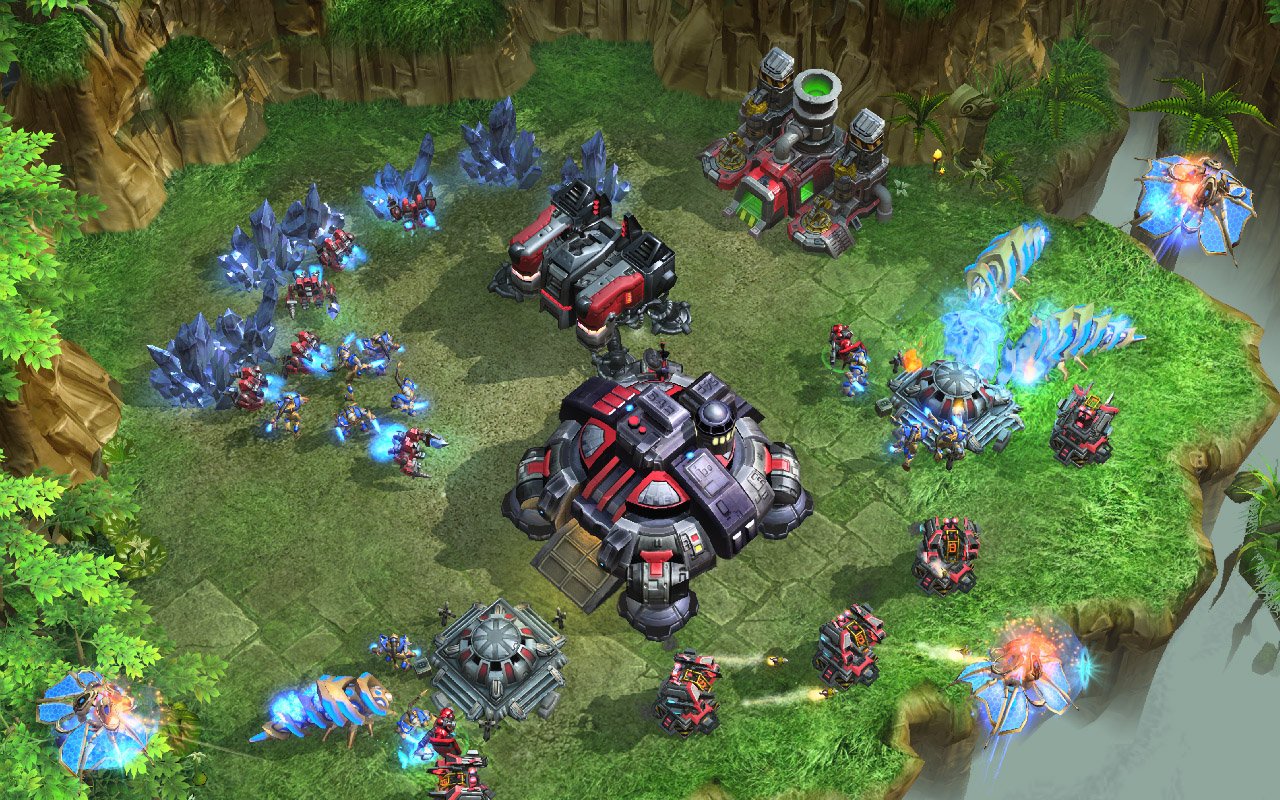
That's the regulatory irony here, really. Gamers, regardless of platform, would benefit from this deal, with more games across more platforms. Arguably Activision Blizzard staff would benefit, too, given that Microsoft has signaled a quite relaxed attitude towards unionization. But for whatever reason, regulators seem intent on preserving the status quo specifically for Sony PlayStation.
Sony may end up regretting getting involved, though. In a world where Microsoft has been sat down and told by regulators that Sony's way of doing business is the correct way, Sony could unwittingly move into a position where it loses bidding wars on content left, right, and center.
Microsoft could quite easily take up that Call of Duty marketing deal from Sony. The Xbox platform holder could dump a pile of cash on Square Enix for exclusive Final Fantasy games. It could offer millions of dollars to make franchises like Monster Hunter, Grand Theft Auto, Persona, and who knows what else, timed Xbox exclusives. It could take up Tencent's strategy, grabbing strategic and influential positions at companies through stock purchases to PlayStation's detriment.
The firm will have $70 billion dollars to play around with, after all. Plus, in this inflationary economic climate, sitting on that cash is a big no-no. With the gloves off, Microsoft could completely change tactics, and regulators will have essentially given them the mandate to do so.
The deal falling through could end up being worse for PlayStation, and consumers in general
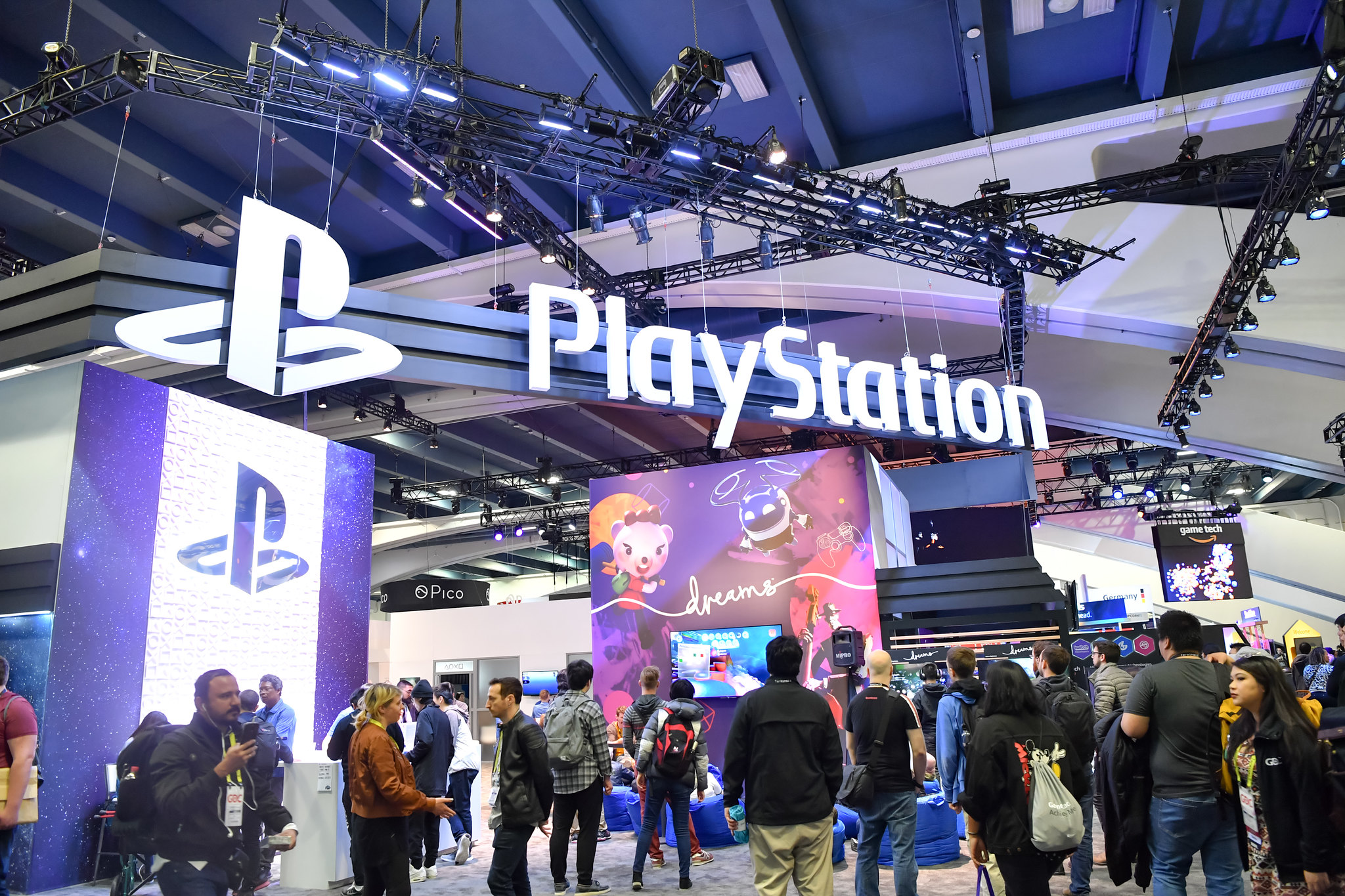
Microsoft could quite easily create a climate where PlayStation gamers end up deprived of more games than they would have been had Microsoft simply been allowed to complete its acquisition — and there would be little regulators could do to step in here since it would be just business deals between two free companies.
I wrote previously that Sony knows Microsoft won't remove Call of Duty from PlayStation. Minecraft exists as a prime example, pulling in a ton of cash from remaining on PlayStation, and moreover, it isn't the bad guy. Microsoft was hammered by the media for taking a timed exclusivity deal on 2015's Rise of the Tomb Raider a few years back, and it hasn't revisited that approach since. However, this whole ordeal could leave it with little choice if it's to remain competitive.
Literally nobody wants to see Call of Duty taken away from PlayStation.
The message regulators could end up sending here is "do business like Sony." While telling Activision employees, "no, you don't deserve better." It also tells fans of Activision's back catalog to accept the endless cycle of Call of Duty, Call of Duty, Call of Duty, to keep the money coming. It suggests little hope for Starcraft, Guitar Hero, Prototype, or other classic franchises to return.
Perhaps most egregiously of all, the CMA seems hellbent on preventing consumers from getting a better deal with Xbox Game Pass — despite the fact that's the body's entire reason for existing. The CMA says PC and Xbox gamers should have to pay $70 for Call of Duty instead of $10. And why? Simply because the market leader opted out of competing. It amounts to a dereliction of duty at best, but that seems to be par for the course every time a government body takes even the vaguest interest in the video game industry.
But hey, if that's what regulators want, Microsoft might play its game. If Microsoft is forced to compete on Sony's terms, it could be a world Sony may find itself regretful to be in.

Jez Corden is the Executive Editor at Windows Central, focusing primarily on all things Xbox and gaming. Jez is known for breaking exclusive news and analysis as relates to the Microsoft ecosystem while being powered by tea. Follow on Twitter (X) and Threads, and listen to his XB2 Podcast, all about, you guessed it, Xbox!
